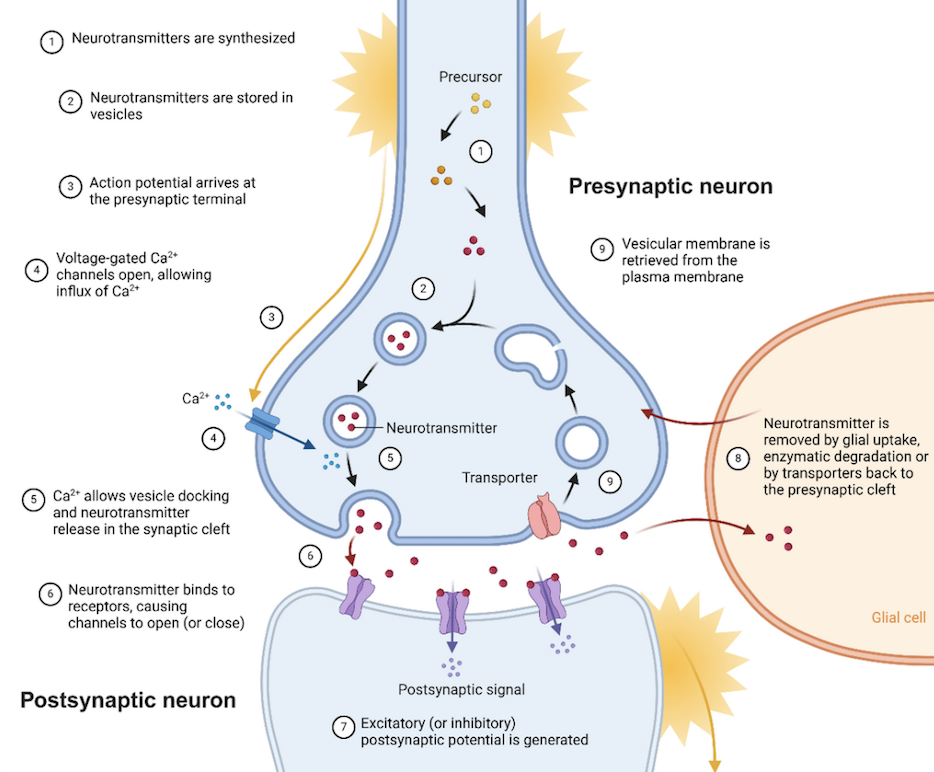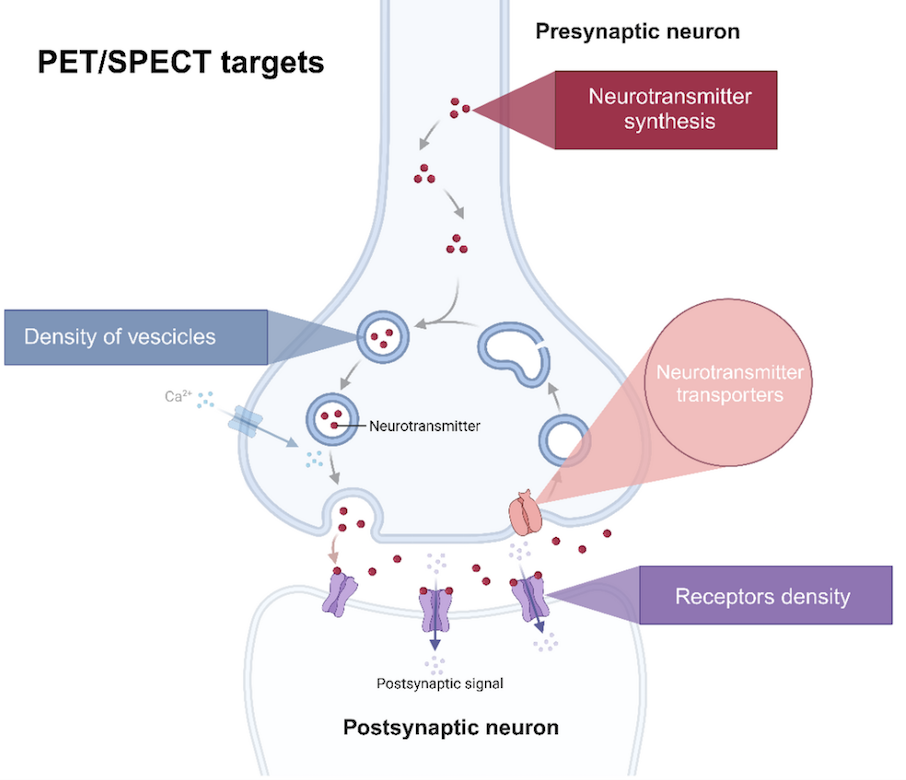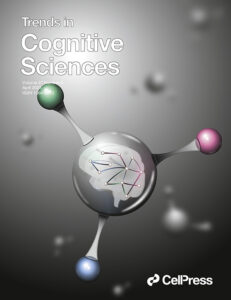
Season’s Greetings, we would like to wish everyone a very happy and healthy new year!
MCOS returns this month and we hope you will join us on Friday, January 17, 2025, 22:00 15:00 CEST, 9:00 EDT with Mary C. Catanese, PhD (Department of Psychiatry, Massachusetts General Hospital, Harvard Medical School) who will discuss “Epigenetic alterations in white matter with age: impacts on structural connectivity and beyond”.
The registration link for the January MCOS can be found here!
We would also like to remind you that a preprint of an MCWG article is now available, further details below!
Title: Molecular connectivity studies in neurotransmission: a scoping review
Mario Severino, Débora Elisa Peretti, Marjorie Bardiau, Carlo Cavaliere, Matthieu Doyen, Gabriel Gonzalez-Escamilla, Tatiana Horowitz, Martin Nørgaard, Jhony Alejandro Mejia Perez, Matej Perovnik, Michael Rullmann, Dilara Steenken, Daniel Talmasov, Chunmeng Tang, Tommaso Volpi, Zhilei Xu, Alessandra Bertoldo, Vince D. Calhoun, Silvia Paola Caminiti, Xin Di, Christian Habeck, Sharna Jamadar, Daniela Perani, Arianna Sala, Vesna Sossi, Igor Yakushev, Joana B. Pereira, Mattia Veronese
1. We are pleased to announce the next MCOS talk featuring Mary C. Catanese, PhD!
Date: January 17th, 2025
Time: 22:00 AEST, 15:00 CET, 9:00 EST
Title: Epigenetic alterations in white matter with age: impacts on structural connectivity and beyond
Please join us for this 30 minute presentation to be followed by discussion (~25 minutes).
Please register here.
Abstract: Age related structural change in the healthy human brain has been associated with cognitive decline, however associated molecular alterations remain poorly understood. Positron emission tomography (PET) enables the in vivo investigation of molecular targets and can accelerate therapeutic development through their quantification. It has recently become possible to measure epigenetic machinery in the living human brain using the PET radiotracer [11C]Martinostat. This imaging agent targets a subset of class I histone deacetylases or HDACs. Epigenetic deacetylation of lysine residues of histone tails modifies chromatin in the regulation of gene expression. I am interested in HDACs as they are heritable and play critical roles in our response to the environment and are important in relation to cognitive processes including learning, memory and synaptic plasticity. Moreover, HDACs are implicated in psychiatric and neurodegenerative disorders. In previous work an age-related increase in [11C]Martinostat uptake was observed with age in healthy individuals and localized to the white matter. This increase in uptake correlated and co-localized with decreased structural integrity. I will discuss my goal to extend this work to study epigenetic alterations in relation to major depressive disorder by examining the potential association of epigenetic alterations (altered uptake) in relation to symptom related networks. I will also discuss using imaging-guided postmortem research programs initiated for the dual purpose of informing data interpretation and interrogating HDAC-related biology. My ultimate goal is to help better understand molecular dysregulation in psychiatric disorders.

Mary Catherine Catanese, PhD is Faculty Instructor in the Department of Psychiatry Department of Psychiatry, Massachusetts General Hospital, Harvard Medical School. She received her Ph.D. in Neuroscience and Behavior from the University of Massachusetts Amherst. Her work is focused on better understanding molecular dysregulation in psychiatric disorders using a multidimensional approach, integrating neuroscience, neuroimaging and clinical questions to address patient needs.
The MCOS promotes rigor in research and resource sharing. We aim to hold MCOS every third Friday of the month, subject to change due to speaker availability.
Please join us for February’s MCOS:
Please join us for our upcoming MCOS talks:
Please stay tuned for MCOS updates and reminders on social media!
2. We hope you will take a moment to read the MCWG authored preprint.
Molecular connectivity studies in neurotransmission: a scoping review


Purpose: Positron emission tomography (PET) and single photon emission computed tomography (SPECT) are essential molecular imaging tools for the in vivo investigation of neurotransmission. Traditionally, PET and SPECT images are analysed in a univariate manner, testing for changes in radiotracer binding in regions or voxels of interest independently of each other. Over the past decade, there has been an increasing interest in the so-called molecular connectivity approach that captures relationships of molecular imaging measures in different brain regions. Targeting these inter-regional interactions within a neuroreceptor system may allow to better understand complex brain functions. In this article, we provide a comprehensive review of molecular connectivity studies in the field of neurotransmission. We examine the expanding use of molecular connectivity approaches, highlighting their applications, advantages over traditional methods, and contributions to advancing neuroscientific knowledge.
The MCWG Outreach Council invites you to submit announcements or information about papers, conferences, presentations or other events or news related to brain and molecular connectivity as well as any positions available or job opportunities that you wish to publicize and share with the community!
Please submit any material for consideration by the final day of each month using this form – thank you!

The MCWG is made up of four international and multidisciplinary councils dedicated to promoting molecular connectivity research via dissemination of methods, results, collaboration, and resource sharing (e.g. datasets, tools) within the scientific community. We encourage the neuroscientific community to take an integrative perspective in study of the brain connectome, where various methods including MRI-based techniques, electrophysiological tools, and molecular imaging advance our understanding of the brain. Please find fundamental questions outlined here: “Brain connectomics: time for a molecular imaging perspective?”
Our website can be found here. We also invite you to join the MCWG!